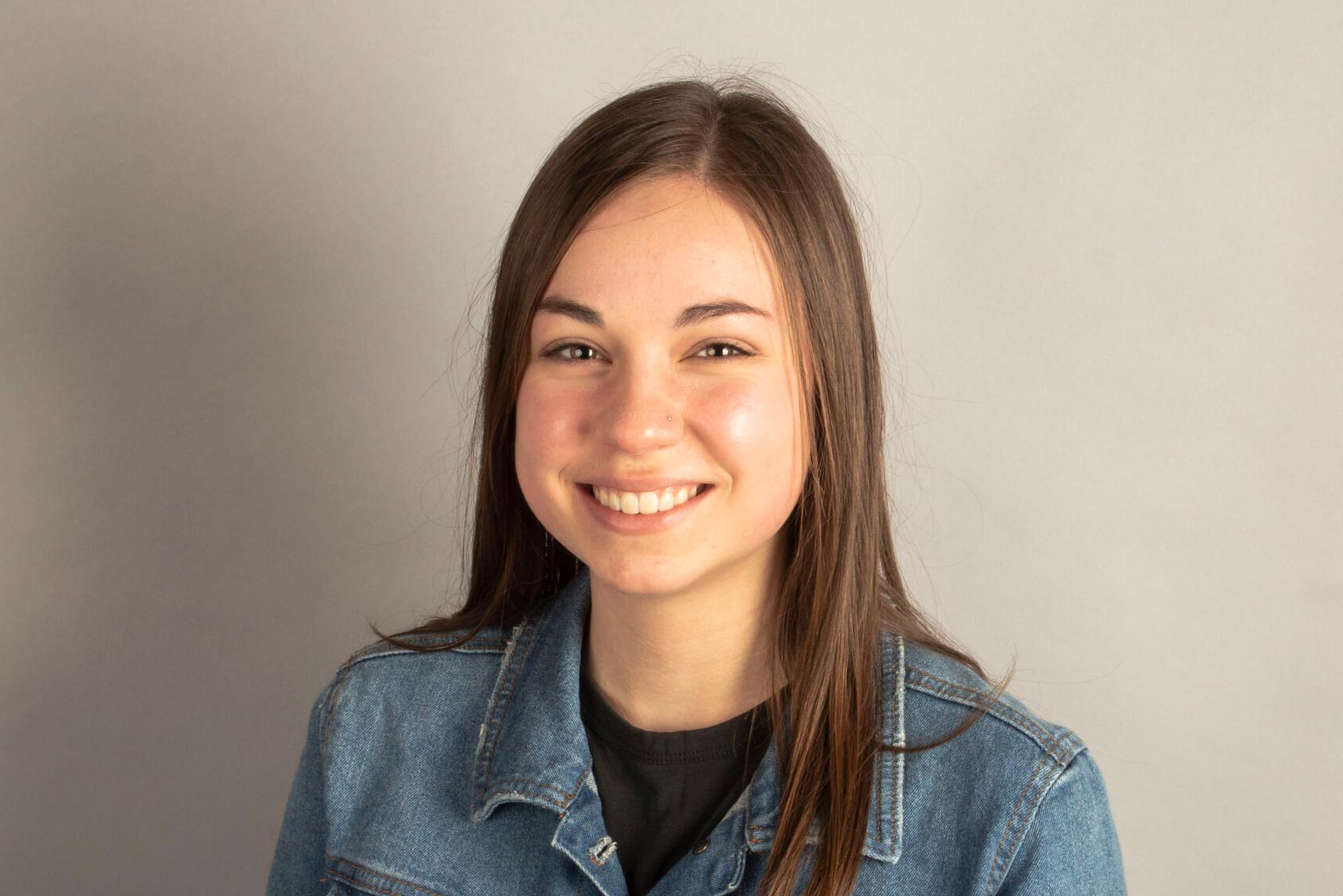I’ve been living in language a lot this semester.
Whether it’s diving into the works of Herman Melville’s “Moby Dick” or Henry David Thoreau’s “Walden” in American Literature, or analyzing the placement of consonants and vowels in linguistics, it would be fair to say that many of the questions I have relate to language.I’m equally obsessed and inspired by its power.
And as a journalism and english major, language is my future.
But I would argue, along with American poet Ocean Vuong, that language is really all of our futures.
As Vuong says, “The future is in your mouth.”
I’ve been thinking a lot about this idea of language in the United States, a country where a majority of people only know dominance and supremacy when it comes to their native language.
And I think it’s becoming more clear: Our language has failed us, but not because we don’t know how to speak it, but because we don’t know how to honor the reality of our lives with words.
We are still struggling to be present.
I think back to my time in China, when I spoke a language other than my own and sought to build relationships with strangers.
In Mandarin Chinese, the act of greeting someone is an acknowledgement of presence.
Fast in my ways to be intentional with others while in China, I’d often ask my neighbors, friends, classmates, “怎么样” or “how are you?” only to receive a quizzical look in response.
This approach to language was not a part of Chinese culture.
Rather, to acknowledge the action someone was engaging in was more culturally appropriate.
“You’re eating?”
“Studying?”
“Boarding the subway?”
I began to wonder if my desire to enter into another person’s story was better represented by acknowledging the work they were already doing, the reality others were already experiencing.
Perhaps, we as English speakers could rethink our “how are you” as a way of practicing presence.
“Our ‘how are you’ has failed us,” OCean Vuong says.
It has come to mean nothing but a request for a scripted response – a “good” or a “fine.”
I have found the most powerful words are born out of moments when we name our realities in the presence of others.
Each Friday, at the end of the week, I sit down with my housemates to eat a meal. And over that meal, we use language to reflect on our week.
One rose, a positive part of the week.
One thorn, a negative part of the week.
And one bud, something we are looking forward to.
And no “good” or “fine” is ever spoken.
When we honor the fact that language is something we carry, inside us, I no longer think it fails us.
Instead, language is able to hold and speak for all that we are living inside as human beings.




